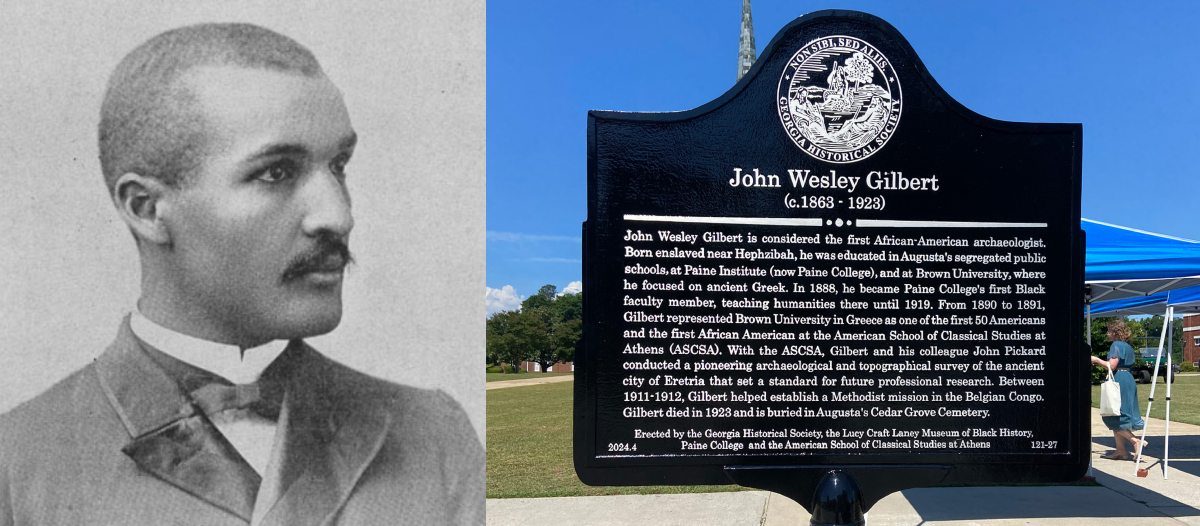Nearly 200 years ago, New Haven, Connecticut—home to Yale University, one of the nation’s Ivy League schools—had the opportunity to establish what would have been the first college for Black men. The city, however, rejected the idea.
Now, decades later, a local alderman is calling for a formal apology from the city for closing “the doors to educational opportunity” to African-American students.
Alder Tom Ficklin, a Democrat representing New Haven’s Beaver Hills neighborhood, has introduced a resolution before the city’s Education and Health and Human Services committees, seeking an apology for the “great harm done to Black Americans when city leaders and New Haven voters came together to oppose the college of 1831.” The resolution has garnered support from City Historian Michael Morand.
Ficklin explained his motivation for the proposal, stating, “We have a role in New Haven to represent civic, mental, spiritual, and social life. We’re not just a legislative body; we’re a body in tune with our residents’ and constituents’ concerns.”
READ ALSO: Racism and Discrimination Make Black People Age Faster According to New Report
Had it not been for the city leaders’ decision, the college would have been the first in the country for Black men. The story of this missed opportunity has been documented by Morand, the director of community engagement at the Beinecke Rare Book & Manuscript Library, and Tubyez Cropper, the library’s manager of community engagement, and was featured in a chapter of Yale professor David Blight’s book Yale and Slavery: A History.
The controversy began when Simeon Jocelyn, a white minister at a Black church, reached out to abolitionist William Lloyd Garrison and Black leaders like the Rev. Richard Allen in Philadelphia, seeking support for the college. However, the idea was overwhelmingly rejected by a vote of 700 to 4.
“Mayor Dennis Kimberly … took out an ad in the paper alerting property-owning white men to attend an emergency meeting to discuss the proposed college for young colored people,” said Charles Warner Jr., historian of the Dixwell Avenue Congregational Church and chairman of the Connecticut Freedom Trail.
Leading the opposition were prominent figures such as David Daggett, a former mayor and future chief justice of the state Supreme Court, and Ralph Isaacs Ingersoll, a U.S. congressman, many of whom had ties to Yale University.
Warner believes it is appropriate for the city to acknowledge its past actions. “If government officials were the ones to formally kill the idea, then it makes sense for the government to own that part, lift the story up, and, at the very least, offer a simple human act of apologizing,” he said.
Ficklin emphasized the importance of remembering history, stating, “History is evolving. The past is never the past. The past is always the present, and particularly in 2024, we can see how narratives and ideologies are fracturing society. Reconciliation, like the South African truth and reconciliation movement, is more imperative than ever.”
Warner echoed this sentiment, noting that history provides a roadmap for the future. “We read the future by the past,” he said, quoting Rev. Alexander Crummell, an early Black Yale student and minister. Warner highlighted the ongoing need to address justice and equality, as well as the dangers of “man’s inhumanity to man.”
READ ALSO: 10 Hurtful Things White People Do to Black People Without Realizing It
He also reflected on how New Haven might have evolved if the college had been established. “It would have provided almost 200 years of higher education dedicated to training the minds and hands of Black citizens. It would have been a beacon, attracting Black people from across the country and the diaspora.”
The college, Warner said, would have fostered the growth of Black-owned businesses and created a thriving community. “This was about ensuring that people had the opportunity to reach their full potential,” he added. “You can’t criticize people who were never given the opportunity to develop their fullest potential. The city would have had a long history of higher education and a major institution supporting a sizable and thriving population.”









